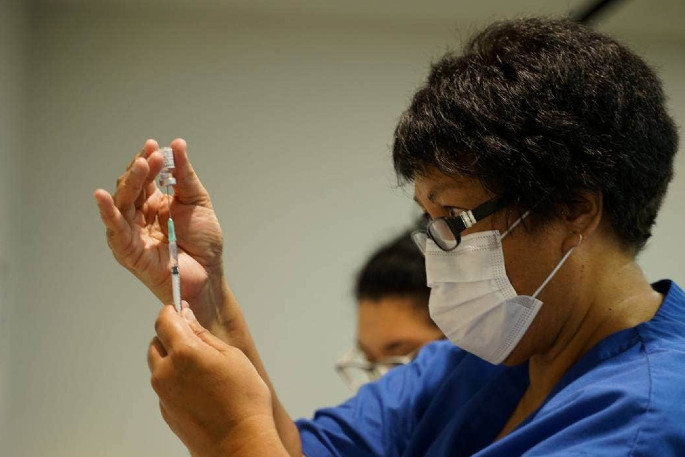A clinical study getting underway in Rotorua and Christchurch is expected to provide valuable information on how New Zealand's unique population responds to the Pfizer-BioNTech Covid-19 vaccine.
The study, ‘Ka Mātau, Ka Ora' (from knowledge comes wellbeing), is being led by Vaccine Alliance Aotearoa New Zealand – Ohu Kaupare Huaketo and is being undertaken to inform the national Covid-19 strategy and ultimately enhance vaccine effectiveness and confidence.
'While the Pfizer-BioNTech vaccine has demonstrated efficacy and safety in pivotal clinical trials and real-world studies, it has not yet been studied in New Zealand,” says the Malaghan Institute's Dr Fran Priddy, VAANZ Clinical Director.
'We want to understand how New Zealanders' immune systems respond to the vaccine, particularly in populations likely at higher risk from Covid-19, such as Māori, Pasifika and the elderly.”
Dr Priddy says with vaccine safety already being closely monitored and evaluated in New Zealand and internationally, Ka Mātau, Ka Ora will focus on characterising immune responses.
'Studies done post-vaccination in other countries have shown lower antibody responses in some groups, such as the elderly and those with obesity.
'We don't know if this translates to reduced effectiveness, but it will be very hard to measure effectiveness unless we have a large outbreak. So measuring immune responses is the best proxy right now for us in New Zealand.”
Dr Priddy says the country's 'Covid-naïve” population will also offer unique data to global research.
'Vaccine immune responses may differ in populations with little prior viral exposure, as is currently the situation in New Zealand.”
There are ways to increase immune responses to vaccines, says Dr Priddy, so if the study identifies responses that may impact effectiveness, this could be addressed in the future by booster shots, different vaccination schedules, or different vaccine types.
Clinical Immunologist Dr Maia Brewerton, who is on the Malaghan Institute's Te Urungi Māori advisory board, says Aotearoa is in an enviable position due to the county's elimination strategy and measuring specific immune markers offers a useful alternative approach to assess the vaccine response amongst our people.
'Māori and Pasifika have a greater burden of conditions like heart disease associated with more severe Covid-19 disease, however, even after we account for these conditions, Māori and Pasifika are still at increased risk of developing severe disease.
'We know there is more to learn and this research is important to help identify and understand any differences in the immune response which can guide the optimal vaccine approach for our people,” she says.
'During the influenza pandemics last century, Māori experienced higher death rates and I hope with knowledge from research like this we can prevent a repeat of this story for Māori as we journey into the uncertain future of this Covid-19 pandemic together – Ka Mātau, Ka Ora.”



2 comments
Manipulation
Posted on 10-06-2021 15:38 | By The Professor
They will only manipulate the data. My 22 year old daughter ended up in Tauranga Hospital after reacting to her second dose.....high fever, racing heart and sore throat. Because she had a sore throat, they put tonsillitis down as the primary cause for the reaction. A load of bull and I have told her to get the record changed!! If they are going to do a study, there needs to be honesty and transparency.
Interesting
Posted on 11-06-2021 07:29 | By Slim Shady
I too know somebody, in their forties and fit, who had a bad reaction to the second dose. Fine after the first. Quite ill after the second. It’s not the flu vaccine that’s for sure. New technology.
Leave a Comment
You must be logged in to make a comment.